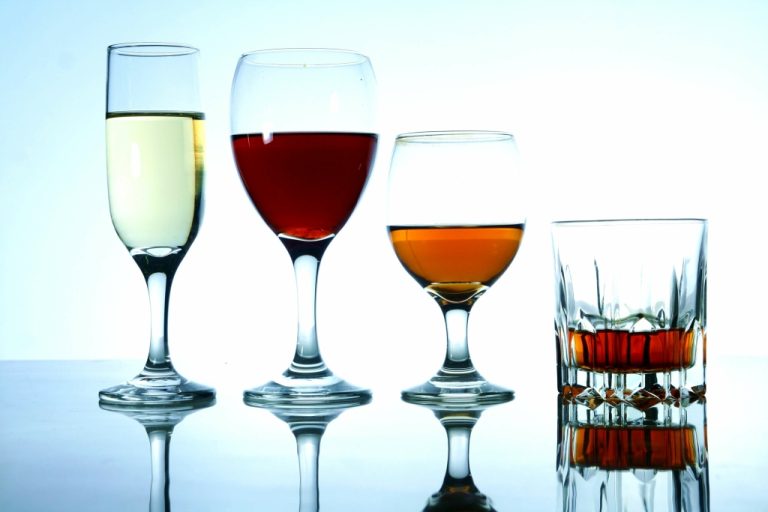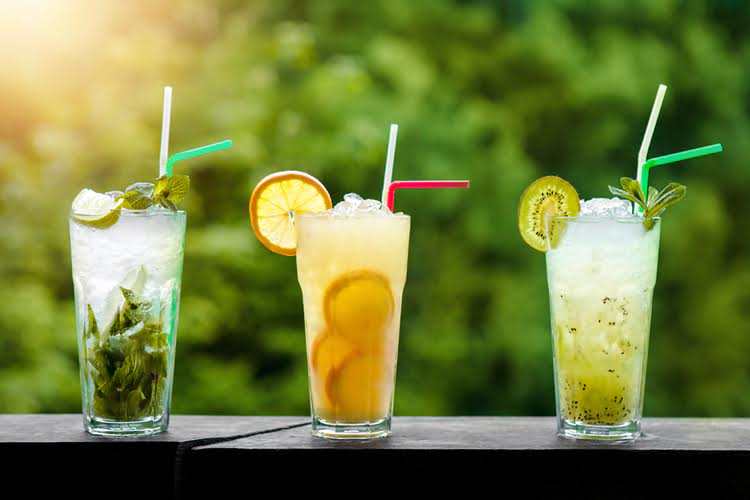Recovery National Institute on Drug Abuse NIDA

Most inpatient treatment programs last 30 to 90 days, depending on the needs of the client. The residential program is divided into three phases, the first of which is dedicated to treating the physical and mental health aspects of addiction. The Behavioral Wellness Center at Girard offers both inpatient and outpatient levels of care for people facing substance use disorder or mental illness. The Brighton Center for Recovery was the first established alcohol and drug rehab center in Michigan, and the second in the United States.
A psychiatrist is a medical doctor who specializes in mental health, including substance use disorders. Theyâre trained to understand the complex relationship between mental health and substance misuse and how to deliver evidence-based treatment for addiction. After discussion with you, your health care provider may recommend medicine as part of drug addiction recovery your treatment for opioid addiction. Medicines don’t cure your opioid addiction, but they can help in your recovery. These medicines can reduce your craving for opioids and may help you avoid relapse. Medicine treatment options for opioid addiction may include buprenorphine, methadone, naltrexone, and a combination of buprenorphine and naloxone.
How do the best treatment programs help patients recover from addiction?
The severity of use also plays a role, so knowing what to expect—and when to seek emergency help—is important. Yet one more acronym captures the skills people actually deploy to successfully navigate the tricky terrain of early recovery. When, for example, cravings hit, a helpful strategy is to self-negotiate a delay of use. This is a cognitive maneuver that doesn’t deny the https://ecosoberhouse.com/article/how-long-does-cocaine-stay-in-your-system/ possibility of future use, but rather, seeks to delay it. The principle of equifinality states that there can be many different pathways to a common developmental endpoint. While our cultural psyche tends to default to a clinical recovery pathway involving some kind of mix of rehab and/or AA—which can be lifesaving—in fact, many recover without using any external services.
In other cases, medication is used to help reduce cravings, ease withdrawal symptoms, and help prevent relapse. Bear in mind that stopping taking drugs is only one part of recovery from addiction. Strategies that help people stay in treatment and follow their recovery plan are essential.
Reach Out to Healthcare Providers
Another one of the most important ways to support recovery is to understand that multiple relapses over a number of years are typically part of the process. They are not occasion for blame or despair but for encouraging resumption of recovery. Families can develop awareness of a loved one’s emotional, environmental, and social triggers of substance use and manage those. Studies show that families that participate in treatment programs increase the likelihood of a loved one staying in treatment and maintaining gains. In some cases, our care teams prescribe medication to treat an underlying mental health condition, like depression or anxiety.

Finding a rehab program that directly matches your needs will afford you the greatest opportunity to enter lasting recovery. The United States is a unique country as it is also connected to Canada and Mexico. If you do not live in the United States, it may be easier for you to seek treatment in your home country. These programs allow you to surround yourself with other people of the same gender who are experiencing similar issues. Each client in Pinnacle’s program will be guided by a dedicated case manager, helping them become mentally and physically healthy. This luxury rehab facility provides amenities such as gourmet meals, a recreational room, lush outdoor areas, comfortable rooms, and more.
The Nitty-Gritty Skills of Recovery
Therefore, you may find it helpful to remind yourself that you really won’t feel better if you use and that you stand to lose a lot. Sometimes it is helpful to have these consequences listed on a small card that you keep with you. Medication may be used to manage withdrawal symptoms, prevent relapse, or treat any co-occurring mental health condition such as depression or anxiety. It’s also normal to feel conflicted about giving up your drug of choice, even when you know it’s causing problems in your life.
And they can help plan healthy joint activities to ensure that there are good days. Only 1.0 percent of people receive substance abuse treatment as an inpatient or outpatient at a specialty facility. The single most popular path is the use of peer support groups in the community.
Choosing Drug Rehab and Addiction Treatment
Although there’s no cure for drug addiction, treatment options can help you overcome an addiction and stay drug-free. Your treatment depends on the drug used and any related medical or mental health disorders you may have. Millions of people do, whether they were once compulsive users of opiates, alcohol, or gambling. Recovery from addiction is not only possible, it is the rule, rather than the exception. S. National Survey on Drug Use and Health, more than 75 percent of people addicted to alcohol or drugs recover—their condition improves and substance use no longer dominates their life.
